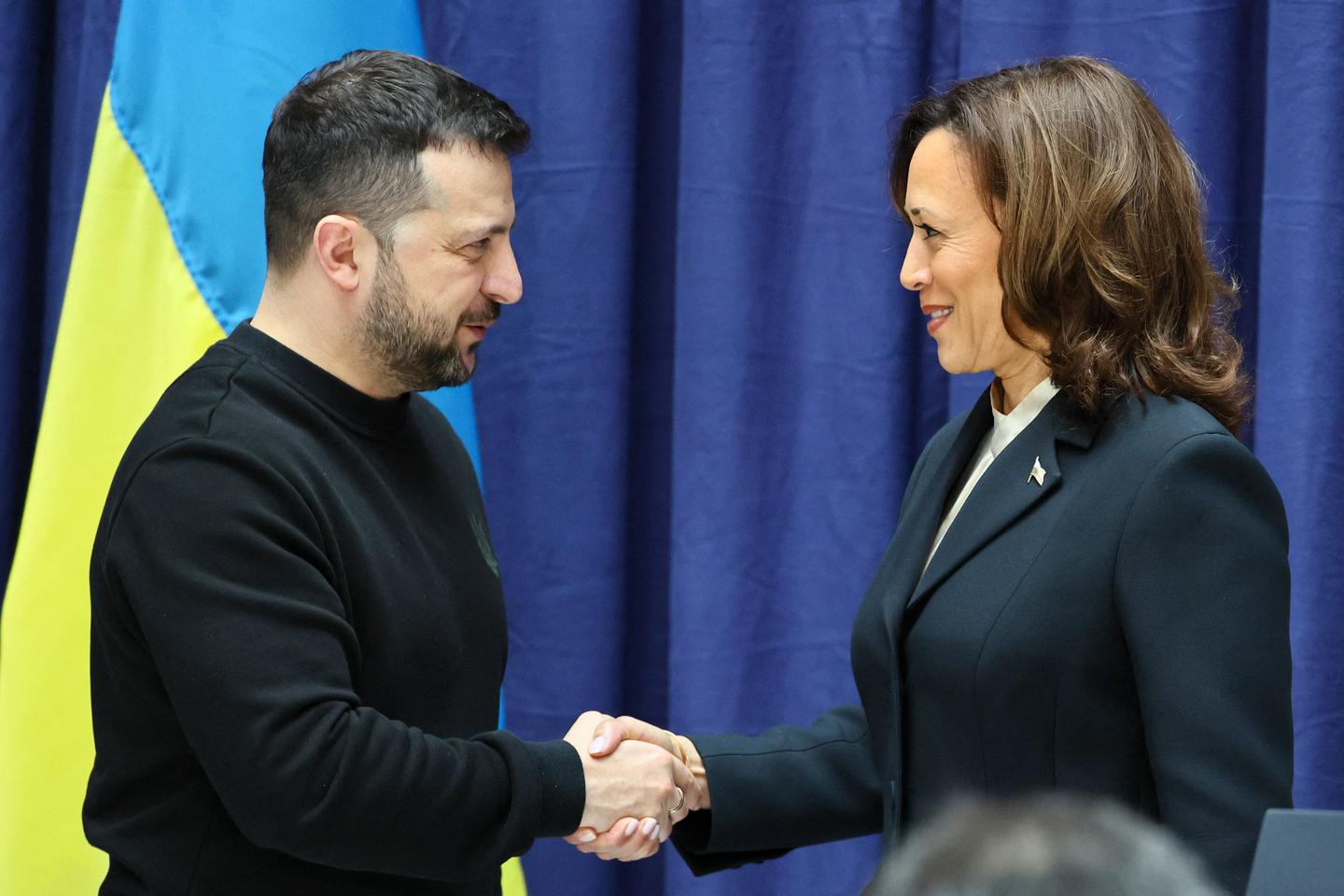


Little seen by the general public and criticized in the media during her vice presidency, Kamala Harris was propelled into candidacy at the speed of light – in a twist that is sure to inspire screenwriters – but remains unknown to Americans and the rest of the world alike.
A heartbeat away from the presidency, Harris has often represented American interests to foreign partners. It was she who met with Ukrainian President Volodymyr Zelensky in February 2022 to urge her to believe that Vladimir Putin was determined to invade his country. It was she again who visited France in November 2021 to seal the French-American reconciliation after the Australian submarine scandal. She gave a speech at the Paris Peace Forum, launched space cooperation and took part in a summit on Libya. At these meetings, partners praised her seriousness and capacity for work, but without really being able to clarify her foreign policy views, which has often led them to believe, mistakenly, that a Harris administration would be entirely in line with Joe Biden's. But this undoubtedly underestimates the evolutions that are sweeping America in terms of foreign policy. Though loyal to the president, Harris nevertheless belongs to a new generation of Democrats, who take a different view of the world and America's place in it.
Sometimes dubbed "the last Atlanticist president," Biden embodies a classic version of Democratic foreign policy thinking: faith in the virtuous role of American leadership on the international stage, backed by strong international institutions and solid military alliances. Heirs to the liberal internationalists of the Cold War era, the "leaders" advocate a reasoned but ambitious use of American power – "smart power," as Hillary Clinton, then secretary of state in the first Obama administration, called it – to combat Russian and Chinese revisionism and guarantee the stability of the world order.
Defense budget contested
But a vigorous dispute has forced a rethinking of mainstream foreign policy. Critics of a militaristic, war-mongering America, the "progressives" believe that foreign policy must above all serve the interests of America's middle and working classes, ravaged by two decades of war in Iraq and Afghanistan and by trade agreements driving deindustrialization. Inspired by the labor and racial justice movements, progressives want to see US foreign policy prioritize climate action and the fight against poverty, rather than further inflate the defense budget. More recently, Gaza has become the main issue for progressives. At the Democratic National Convention, Representative Alexandria Ocasio-Cortez and Senator Bernie Sanders both hammered home the urgent need for a ceasefire, echoing the thousands of pro-Palestinian demonstrators outside.
You have 46.59% of this article left to read. The rest is for subscribers only.
